Winners of the 11th SUSPECT Poetry Contest
We’re very pleased to announce the results of the 11th annual SUSPECT Poetry Contest. In conjunction with our launch of Mandy Moe Pwint Tu’s Gaudy Boy Poetry Book Prize Winner, Fablemaker, this year’s contest looked for poetic fables or poems that used the word “fable” in imaginative ways. Poems should also possess overall excellence, of course. Open to all, the contest was judged by Mandy Moe Pwint Tu. Winners receive a cash prize and publication in SUSPECT.
We received a total of 427 poems, a strong increase in number from last year’s 244 poems. The challenge of writing a fable or an adjacent-fable really received widespread interest. This year’s entries came from 37 countries from around the world, also an increase from 33 countries last year. The United States leads yet again with 88 poems (NY 20, CA 14, VA 11, MA 8, NJ 6, WA 6, FL 4, OH 3, TX 3, MN 2, NC 2, AZ 1, CO 1, GA 1, IL 1, KS 1, NM 1, OR 1, PA 1, SC 1, WI 1), followed by Singapore 76, India 44, Nigeria 42, United Kingdom 28, Canada 15, Malaysia 11, the Philippines 11, Pakistan 8, Australia 6, Sweden 6, Vietnam 6, Tanzania 4, Indonesia 3, Kenya 3, Malawi 3, Myanmar 3, Norway 3, Slovakia 3, Zimbabwe 3, Ghana 2, Ireland 2, Poland 2, South Africa 2, Uganda 2, Cameroon 1, Germany 1, Hong Kong 1, Hungary 1, Liberia 1, Mauritania 1, Morocco 1, Portugal 1, Thailand 1, Trinidad and Tobago 1, Turkey 1, and Turkmenistan 1 (unknown countries 39).
First Prize (USD300) goes to co-winners “Why the Sea is Salty,” by Isabelle Wei (Hong Kong) and “Ode,” by Gospel Chinedu (Nigeria).
Second Prize (USD200) goes to “Abecedarian for a Body,” by Jie Venus Cohen (Turkmenistan).
Third Prize (USD100) goes to “Quantum Entanglement,” by Abdulrazaq Salihu (Nigeria).
Congratulations to the winners! Enjoy their poems and the judge’s comments below. The Singapore Poetry Contest will return in 2026. Sign up here for notification.
Joar Songcuya - Pilgrimage: Black Sea III (2024), Oil on canvas, 122 cm x 183 cm
Image description: The painting depicts turbulent waves in an abstract seascape. Thick, spiraling brushstrokes are used to depict water in dark shades of blue, purple, green, and orange. The sky, rendered in the same color palette, is indistinguishable from the sea.
FIRST PRIZE
Why the Sea is Salty
By Isabelle Wei
because every morning your father tosses salt into the kettle. because once in first grade you
couldn’t hold it in. because you swim better in glass. because you try to see around the sea
instead of inside it. because you can’t see the other side. because when you stand at the edge
of the flood, you hear rocks under the awning: rain, wainrater. drizzle jrizzle. someone
outside bathes in the snow of the ocean. because it’s a cloth clinging to bone. because your
dead frog died while skinny dipping. because every dawn, you fed him salt with daily bread.
because time would have killed him anyway. because all you see is sleet. because your
windows hate sugar. the list goes on. frost and minerals, poppy seeds and kosher salt, small
talk, conjunctions, bad endings, stuff in the kettle, this phrase: grain of salt. because salt kills
sin, the wind says, then disappears. because when water evaporates, your father does too.
because water is the hand of time. because over time over years all the streams have washed
over stone and carried nails into the sea. because the seasons still change. because it’s spring
and you scoop up crystals from the bed frame. because the flatworms reek of death. because
you forget how to whale. because in the winter you eat the sky and throw up stars. because
you can’t be bothered with the bin. because you can’t say anemone, you say enemoney.
because money pays. because you cut your cut nails straight into the pond and bend
nautilus-like to watch the clippings sweep away. because you can’t be bothered with the bin.
because it’s restless with insects and sluice and albumen from the eggs and the household
corpse. because you cork hope. because the boat’s the only wishing well you know. because
you’ve stopped wading. because you read somewhere that stopping death means curing fish,
so you pull a manta ray from the radio and make bread. watch the gold buck rise. because
you’ve never been good with fables. because when the rain first poured you placed all your
dreams into a basket of thyme. because they never came back. because they were eaten raw
under some willow by some pharoah’s daughter. becaus even chance has its limits. becau se-
veral fish once flew over the clock tower in your living room then died before dinner. beca-
using life has at some point become cheaper than brass. bec austerity is feared above fear. be
cause—just cause. that’s a bad question. ask instead why breath exists why the ice has
disappeared why nobody knows why why your hair is falling why the water inside you isn’t
blue why you wake up to a dead sea why the salt hasn’t saved anything why you still cook
why the bees are fading why you still can’t breaststroke across the river to the place where
love stays and will forever. b—
Judge’s Comment: I adored “Why the Sea is Salty.” Humming with urgency, its fablesque beginning, “because every morning your father tosses salt into the kettle,” quickly gives way to language that warps and whirls in metaphor and personification: the wind speaks, the windows hate sugar. A father evaporates. Through the slow disintegration of the why, the “because,” this poem successfully prods at the heart of fablemaking: its necessity and, simultaneously, its failure to recover what is lost.
Isabelle Wei is a writer and artist living in Hong Kong. She was the recipient of the Yamabuki Prize, the Life Story Prize, and is the Editor-in-Chief of Reverie. She enjoys poems and stories that reflect her love for the natural world. Social media: @izzy_fww
Joar Songcuya - Pilgrimage No. 15 (2024), Oil on canvas, 51 cm x 46 cm
Image description: The abstract painting consists of wavy, overlapping lines. The lines, which are mostly in shades of blue and orange, run vertically and are darkest in color towards the middle of the painting.
FIRST PRIZE
Ode
By Gospel Chinedu
—for Z
Tell it to him the ninth time
he wakes up in Arrakis; you’re
no Fremen & this strange
world would put a bullet through
you again. But, this time, do not
creep out. Do not bleed. Do not
end up in the crematorium like
ever before. Because, all my birds
are alive, digging into ashes in
search of their beaks. & I may
not be in time to sing you another
amazing grace. In time to find
you at the border of the deadlands
where the ships disembark.
& if you go again, I'll seek your face
in the mirror. & if you're not there,
I’ll go to the moon & crack it open.
& if I don't find you on the cliff,
I'll swim in the water of the cloud
until my body is soaked with grief.
All my birds drowned. Zed, eight
times ago, I survived your death
with the same feeble heart, all I have
left of it is my left ventricle distributing
grief-stricken blood around my body.
Nothing goes in, not even joy. Zed,
if you must wake up this time, do not
come to me where my shadow is alive.
Where the opening of my flesh is
blood and excruciating pain. Do not
come to me where my eyes is a blue
water. But in that dream where I’m
a beekeeper in a bee farm. Where
my tongue is honey & lovely. Where
the day is floral like hyacinths &
magnolias. Come as a little white pigeon
that has found its way home. Come
as the image formed when I'm stand-
ing in front of the mirror. That glimmer
of beauty, gazing, with eyes, clear as
daylight, watching my grief, as it fades
into the hollow of darkness.
Judge’s Comment: I was floored by “Ode”, the way it played with the directive nature of fables (often via their morals). Through direct address to the lost beloved, the speaker’s grief invites us into new realms of imaginative possibility—because what does grief demand if not return? The refrain of “do not” culminates in an invitation: “Come as a little white pigeon / that has found its way home.” Isn’t that all any of us can ask?
Gospel Chinedu is a Nigerian poet from the Igbo descent. He currently is a final-year student at the College of Health Sciences, Okofia, where he studies Anatomy. Gospel tweets @gonspoetry.
Joar Songcuya - Pilgrimage: Mediterranean Sea II (2024), Oil on canvas, 160 cm x 211 cm
Image description: The abstract painting, featuring shades of blue and orange, depicts a foggy and dynamic seascape. Thin, wavy brushstrokes towards the bottom of the painting are interrupted by a horizontal, white-colored band in the middle of the painting. Above this, the same shades of blue and orange are painted in swift, vertical strokes.
SECOND PRIZE
Abecedarian for a Body
By Jie Cohen
Auspices swear that the morning will
breed downpours, a deluge of fluid from
crevices not meant to be— trickling
down to dew a garden of precious borage.
Evening sees the bed of herbs risen to greet me,
Fable-esque in their beauty— and I will feed from them, too.
Goddess of two unlike things, I marry them in one body like an analogy.
Hera-faced, I push sexes into my body with ochre-
ichor, through a needle— for years I grew my own sex, un-
jailed from the doctors that retrofit their own ideas inside me.
Kiss me, prophetic priestess, and look at me, an undulating
lily-plant on the dining room table of a suburban rich woman.
Mother calls you in for dinner, and mother is limbed long,
not able to birth but revels in hormones that spur
online searches, tilling up answers to what am I?—
Please return an answer like an herb. from my garden.
Query after query, and silence in return—until I found the fantasy-
resolution in the word intersex like a salve for a weeping wound.
Theseus had a ship that was stripped and replaced, so
unlike itself at the end that we ask if it is the same at all.
Verdant vines clothe my hands in my garden, a
whip propped in my paw to strike my DNA—
X?
Y?
Zealous and sunny, I eat my herbs and grow all the same.
Judge’s Comment: “Abecedarian for a Body” thrums with hunger—the form itself an excellent vehicle for this discovery of the self. The poem unabashedly reclaims what is entirely natural through its infusion of myth and fable. We are invited to this assuredness even as we heave towards the exhalation of the ending: “Zealous and sunny, I eat my herbs and grow all the same.”
Jie Cohen is a mixed, intersex writer whose work has been recognized in or is forthcoming in DIAGRAM, The Offing, Ex-Puritan, The Minnesota Review, POETS.org, and others. Find them at www.jievenuscohen.com. twitter @jiecohen instagram @veneralias
Joar Songcuya - Dawn at the Indian Ocean (2019), Oil on canvas, 91 cm x 152 cm
Image description: The abstract painting—rendered mostly in dark shades of blue, brown, purple, green, and orange—depict a hazy landscape. Thickly textured, chaotic brushstrokes featuring large patches of white create a foggy atmosphere.
THIRD PRIZE
Quantum Entanglement
By Abdulrazaq Salihu
after Katherine Schmidt.
How our inseparable fate delineates distance.
How the wind throws her mouth towards
Something other than grace,
Bends the tumbleweeds back into green grass—
I know my brother‘s ache the way I know my body.
NASA prepares my brother’s body for UV-radiation.
I feel it. The almost negligible piercing of the light into his skin.
I feel it. Waters away, glass falls from my mother’s grasp —
She knows. Something hurt, the size of a requiem has swallowed her sons.
Something yearns to cover her light with mist the color of loneliness.
Waters away. Bacteria grows resistant to antibiotics.
I recognize this thing; this slow encroachment of killings
Into life-fullness. Waters away. Proton,
The size of a wormhole patters through silence, I feel it.
I know this ache. I am it. But who do I tell the world’s
Anger is my own? Who do I tell, when I wash my body,
It’s almost water against water, just that I forget to sync.
Who do I tell I’m all the dead people I’ve lost;
I mean, we call ghosts scary until it’s one of us, a ringlet of
Hair blown into exile for all our dead hearts in our hands.
Waters away, I caress the rim of my fate, let the kisses
Pass through me like light. I know what would end me
But I forget how, I want to tell the world, when the bandits
Shot a bullet through Nabeeha’s small box of big dreams and purple loves:
Her heart; something left me and never returned.
I want to tell the world, if the gun doesn’t take back the bullet,
If the silence in her holed-chest doesn’t fill back with music,
I would not forgive, I would not let the multitudes of time make
Me forget, I would wilt the wickedness of life the way a knife
Tears the flesh of space. I would let my rib break into a galaxy
Far from existence, even farther from her sister’s communal fear—
My country…
Judge’s Comment: There’s great power in “Quantum Entanglement.” It is impossible not to feel a ghost of a hand that reaches “waters away” to clutch at our sleeves: a testament to how distance does not negate trauma and how it’s felt. The speaker’s embodiment of the ache and the anger is palpable, made all the more devastating by their inability to speak of their hurt: “Who do I tell I’m all the dead people I’ve lost.”
Abdulrazaq Salihu, TPC I, is an award-winning Nigerian writer and performance poet. He is a member of the Hill-Top Creative Arts Foundation and a LOATAD Black Atlantic Fellow 2025. He tweets @Arazaqsalihu. Instagram: abdulrazaq.salihu
Joar Songcuya is a Visayan self-taught painter whose multidisciplinary practice brings together painting, his maritime expertise, and personal narrative. Born into a five-generation farming and fishing family on Panay Island, Philippines, Songcuya's background as a marine engineer and decade-long career onboard merchant ships—traversing over 50 countries—informed his practice. Songcuya’s work appears to engage primarily with water as a natural force and with his experiences as a seaman. However, its scope expands when considered in a geopolitical context, opening up new worlds that raise questions about colonial continuities, Filipino labor migration, statelessness, and living and working conditions at sea.


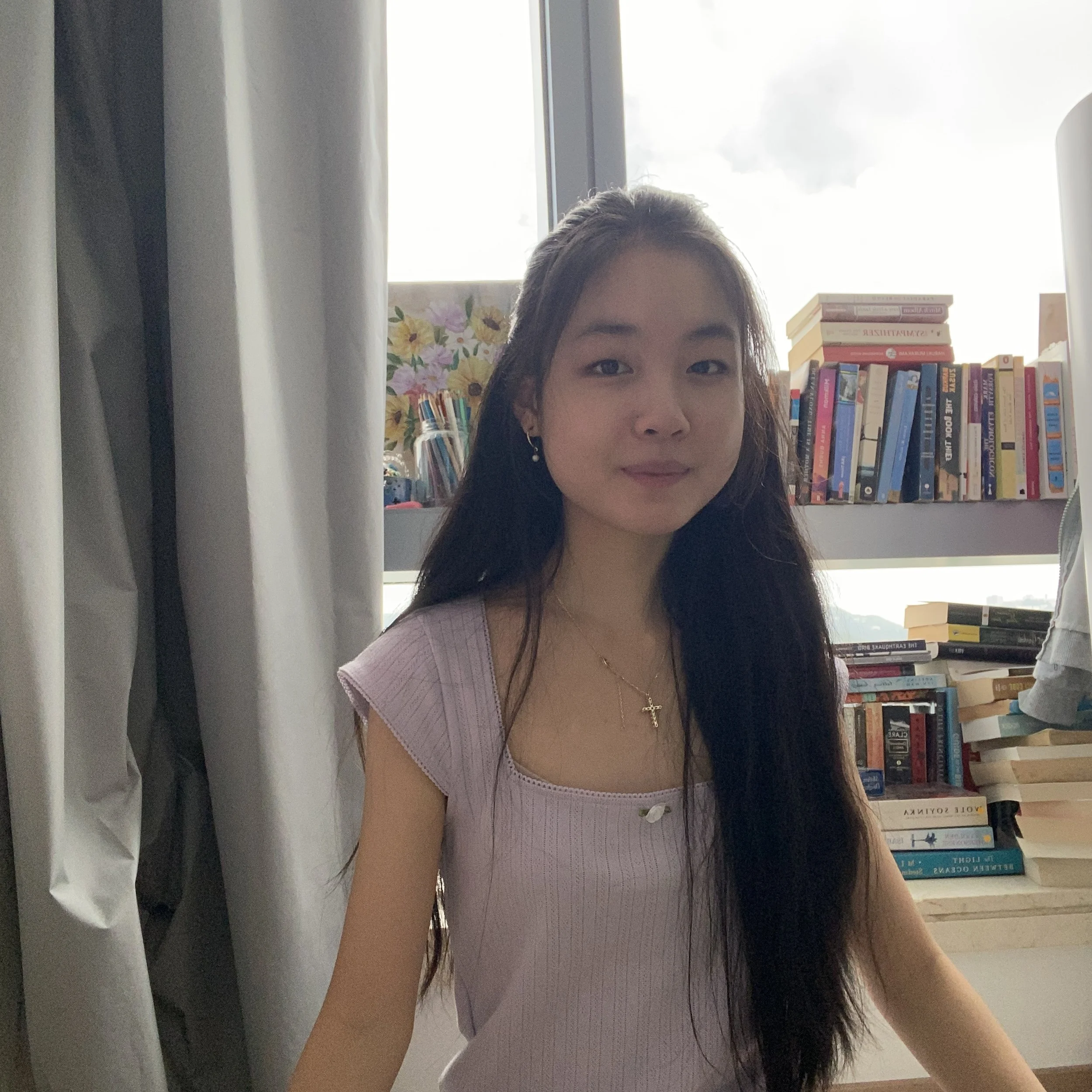

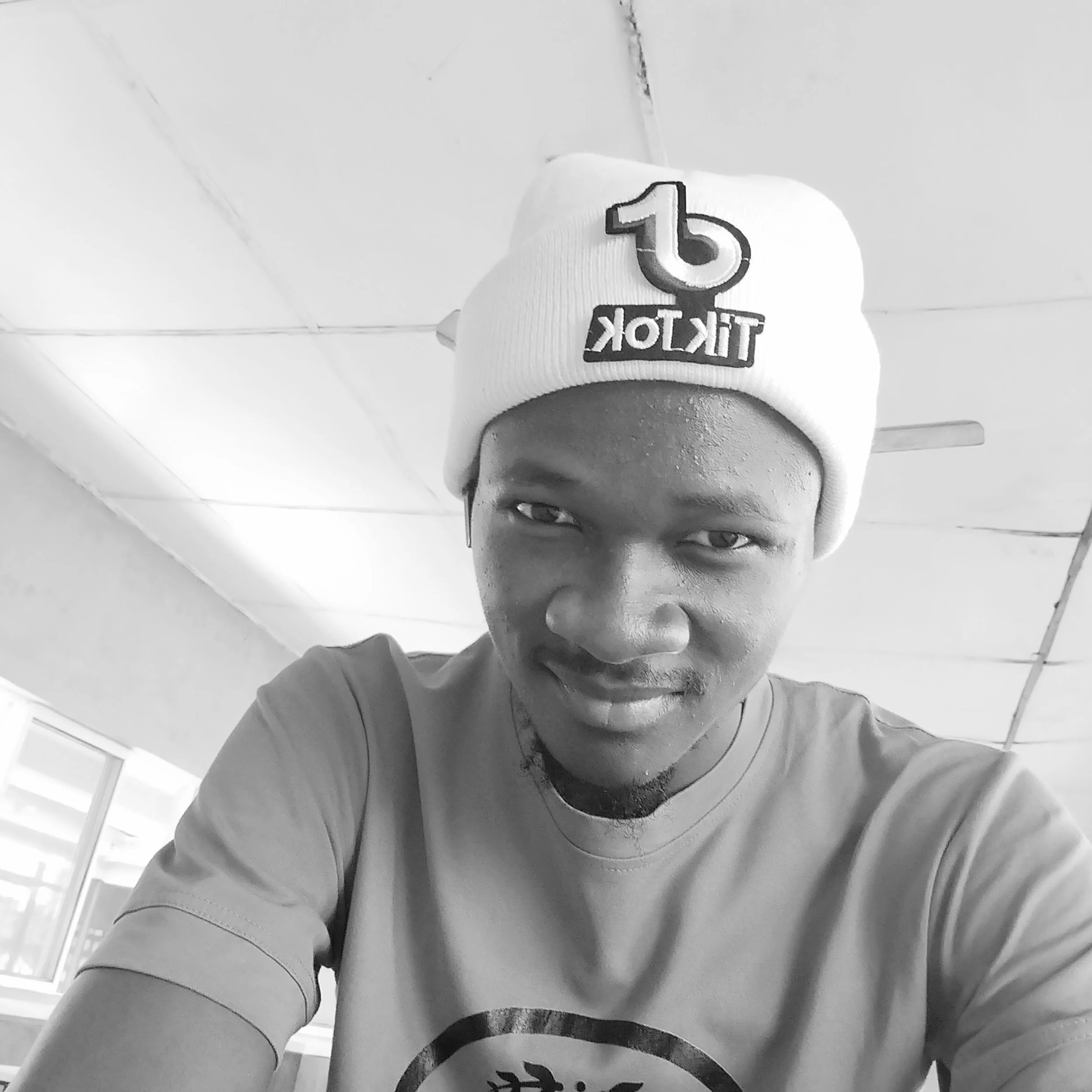

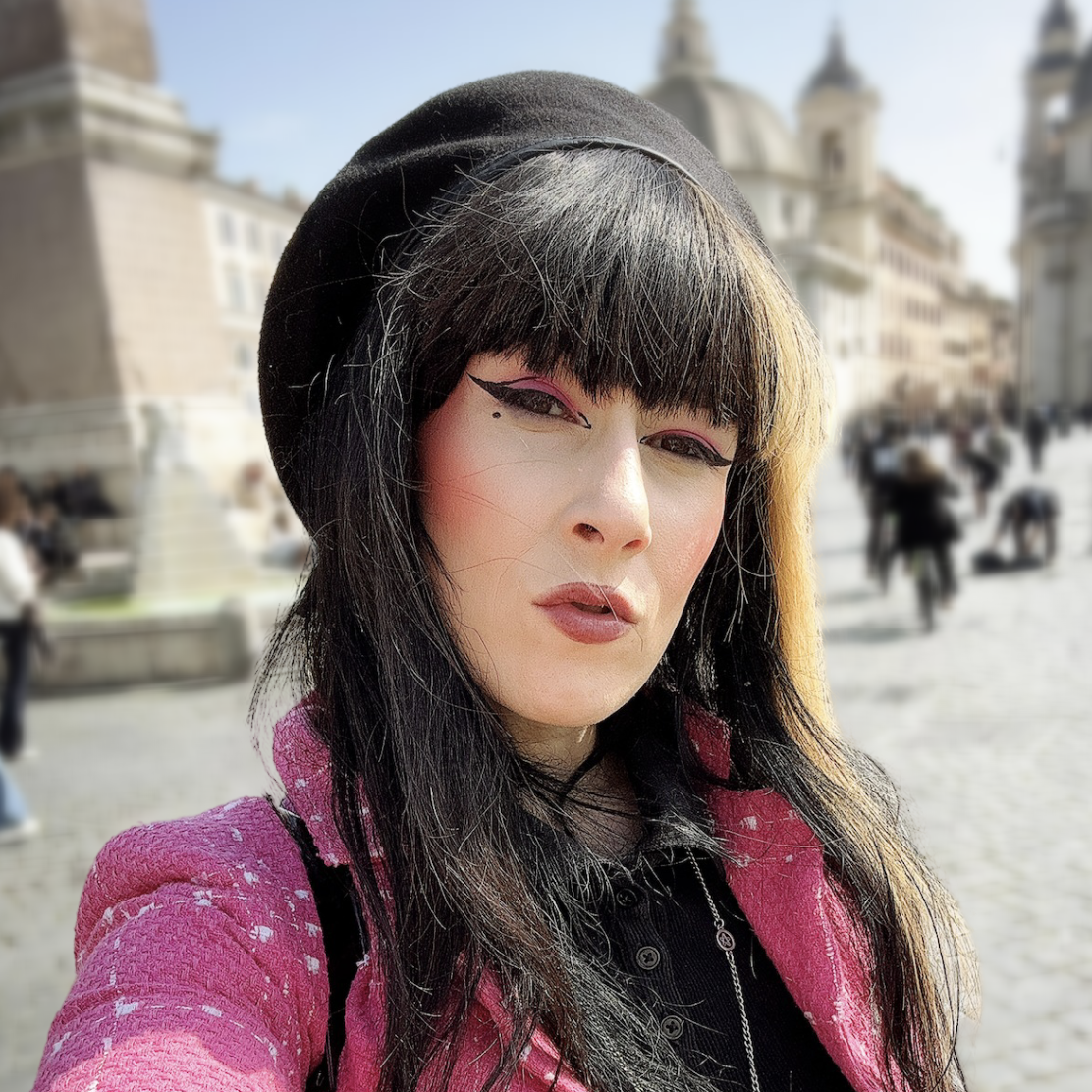

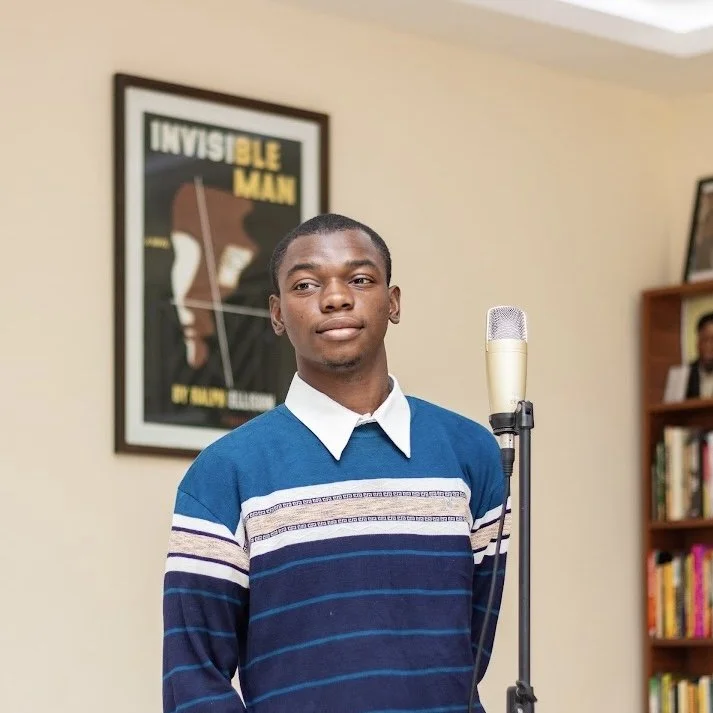
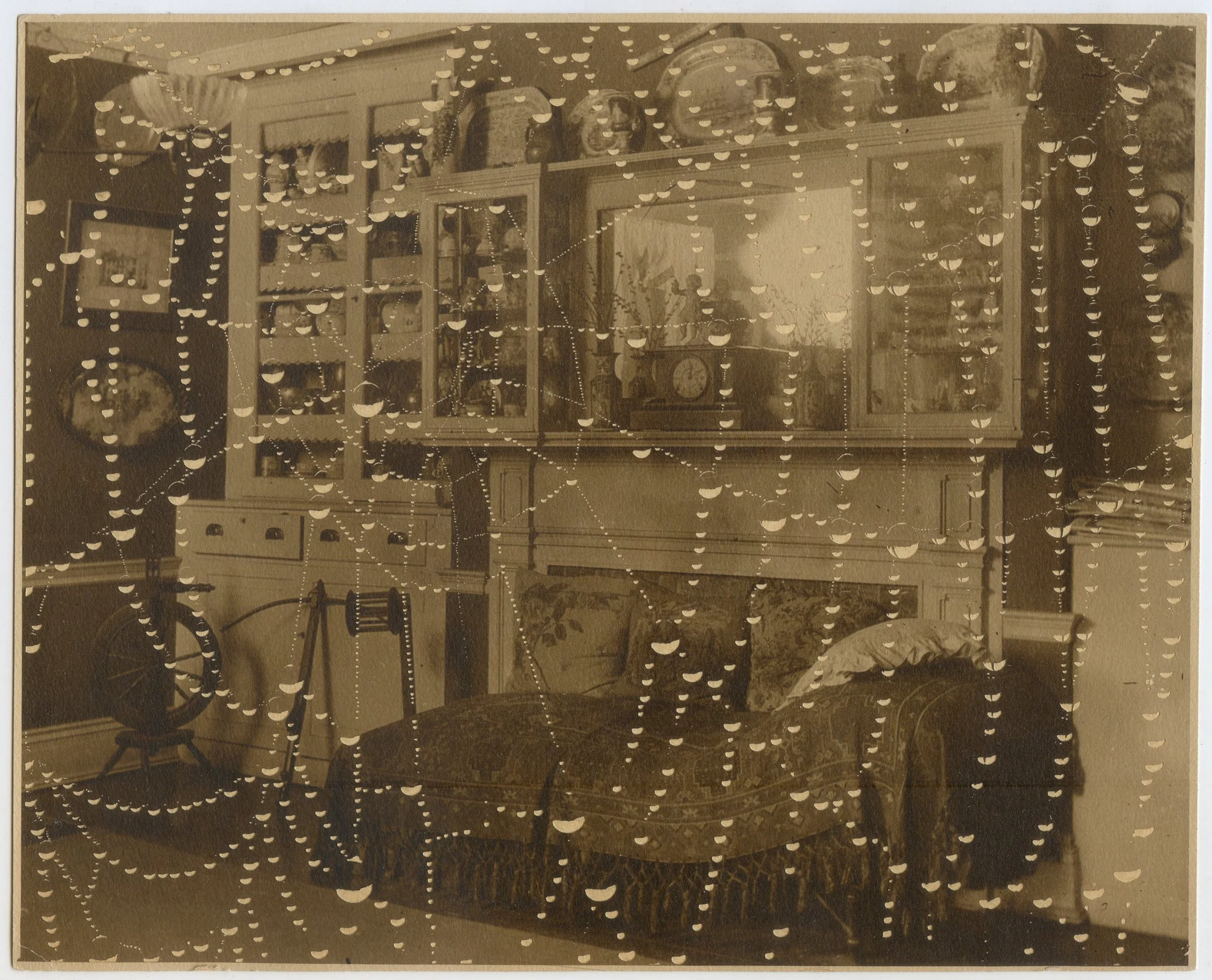

“Like the man who wears a vest saying negotiator in a hostage situation, I want one that says prioritizer.” Three poems by Satya Dash.